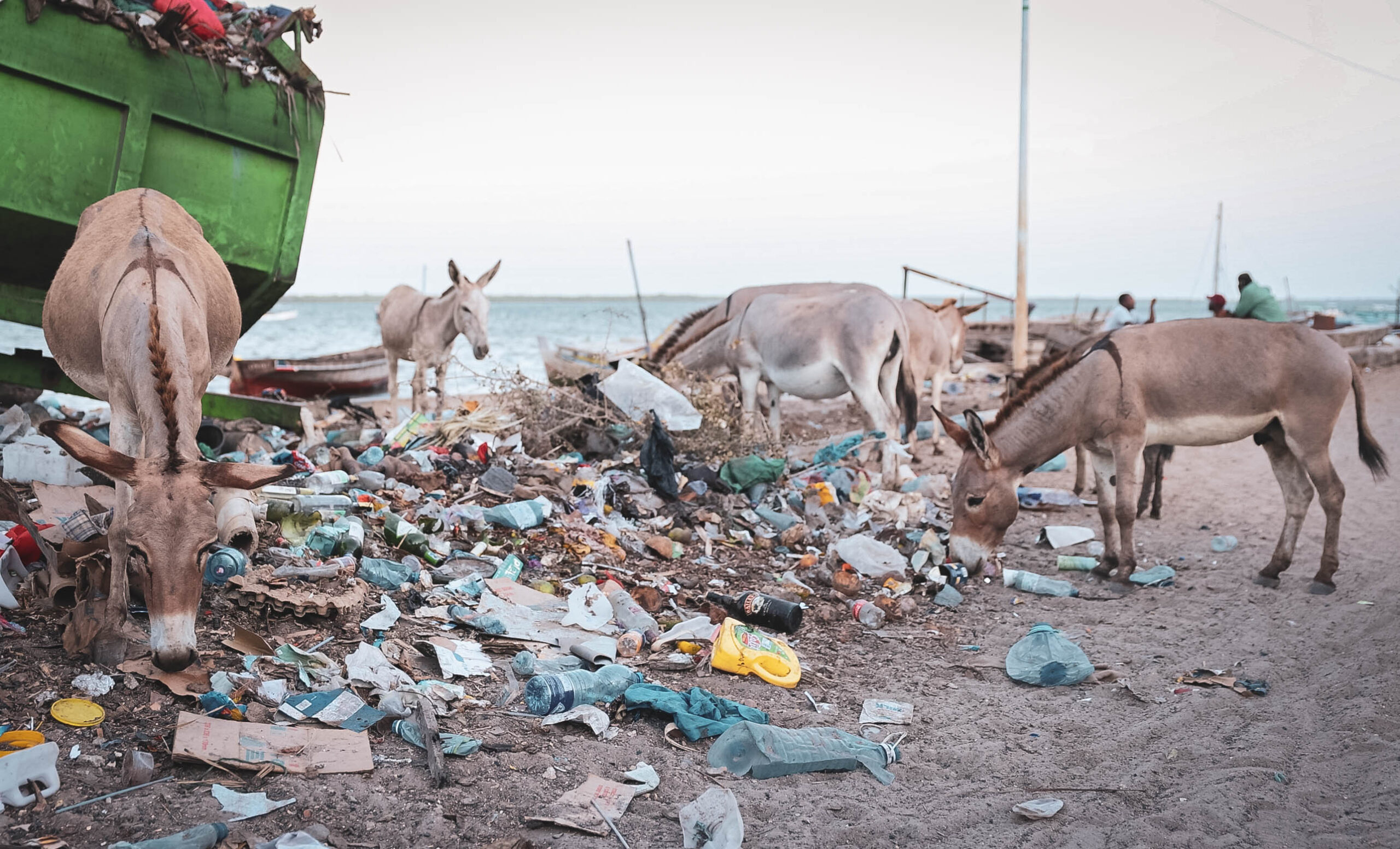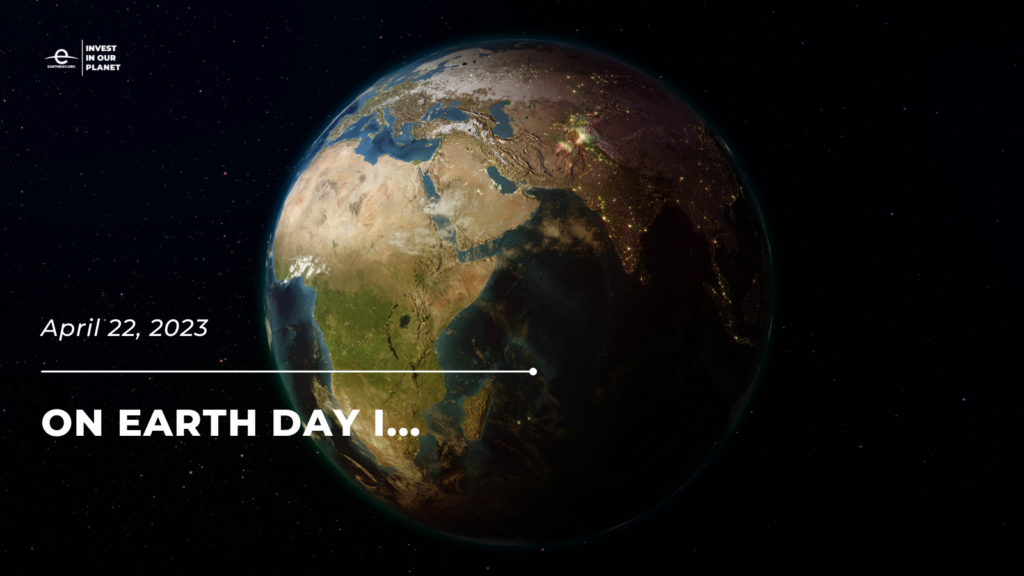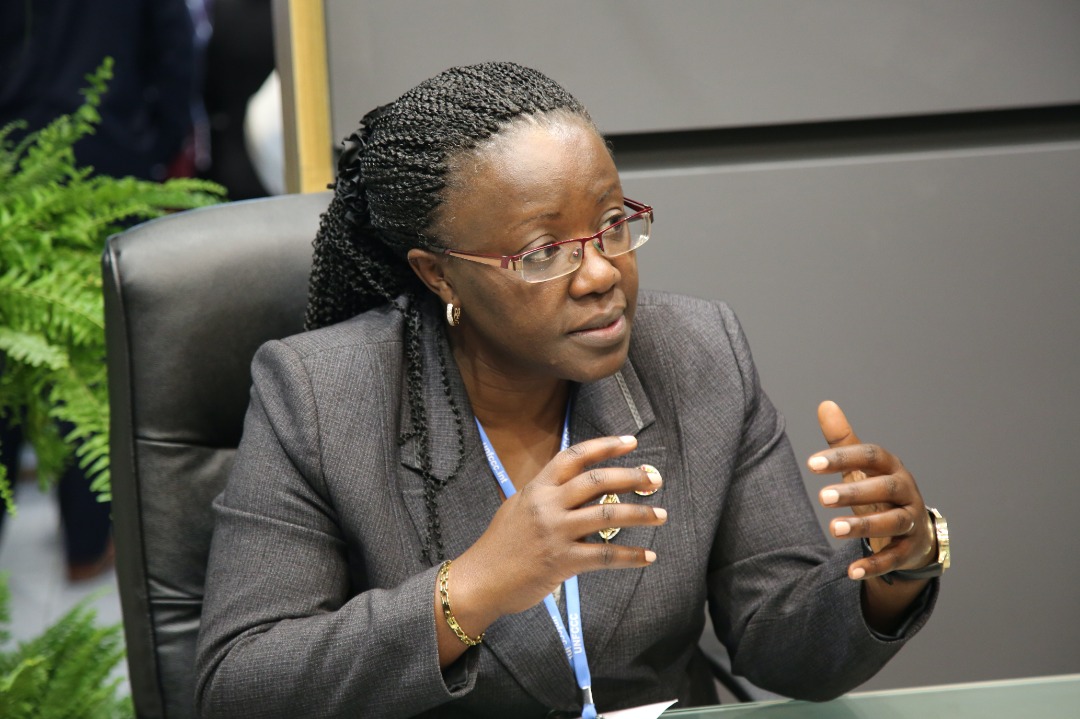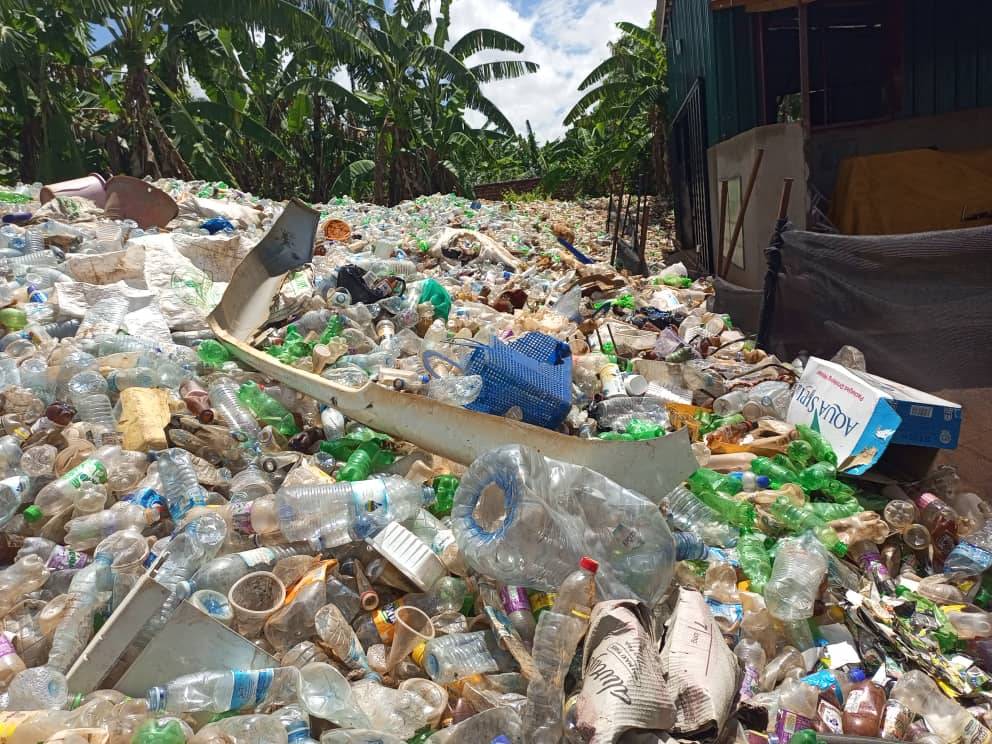While reducing plastic pollution would be a practical way for East African nations to reduce the harmful impact of plastics on marine life and food chains, the prospect of doing so remains a distant dream.
In an Op-ed published by Citizen, one of Tanzania’s English dailies, Ugandan journalist Charles Onyango Obbo alluded to the region’s plastic quandary.
In Kenya, plastic accounts for an estimated 12 percent of solid waste, amounting to 966,000 tonnes per year.
He said that “Rwanda-style enforcement” would be a good place to start. Rwanda banned plastics in 2008 and strictly enforces the ban.
Although Rwanda and Kenya have rightfully earned laurels for their stringent anti-plastic laws and enforcement, environmentalists agree that much more needs to be done.

Production of single-use plastic and indiscriminate dumping of the same is still rampant in the region.

“To that end, on this year’s Earth Day, which is happening at a time when the world is ostensibly producing a record amount of single-use plastic waste, an appeal goes out for coordinated efforts to help achieve the objective of reducing plastic pollution so the region can reduce its carbon footprint,” said Sam Owach, a Ugandan environmental scientist.
Indiscriminate dumping of plastics is the last thing people would associate with Rwanda, which leads Africa in the management of plastic waste and is a co-chair of the High Ambition Coalition to End Plastic Pollution.

However, Rwanda’s environment minister, Dr Jeanne d’Arc Mujawamariya, acknowledged last year that plastic waste was still visible in the country’s downstream.
Visitors to Rwanda cannot enter with non-biodegradable plastic bags or single-use plastics. Using them illegally can lead to fines or incarceration.
In Tanzania, anyone found producing or importing plastics faces a fine of 426,000 dollars, or a jail term of up to two years.
Kenya was among the first countries in East Africa to sign the Clean Seas initiative and violators of the 2017 ban on the importation, production, and use of plastic bags are subject to fines of up to 40,000 dollars or prison sentences of up to four years.
In Kenya, plastic accounts for an estimated 12 percent of solid waste, amounting to 966,000 tonnes per year, according to the United Nations Conference on Trade and Development.
In Tanzania, where up to 14,800 tons of waste is generated every day, 48 percent of which is plastic, anyone found producing or importing plastics faces a fine of 426,000 dollars, or a jail term of up to two years.
Litterbugs of plastic waste in Uganda risk fines of 540 dollars but it is the region’s hotspot for mismanaged single-use plastic waste because laws are not enforced.
Uganda joined the Clean Seas Campaign in 2021 to show its commitment to reducing the amount of litter and plastic waste entering lakes and rivers, but over 600 tons of plastics are generated per day, according to National Environment Management Authority.
Litterbugs of plastic waste in Uganda risk fines of 540 dollars or incarceration for up to a year, or both, under the country’s Physical Planning (Amendment) Act.
Uganda, however, continues to be the region’s hotspot for mismanaged single-use plastic waste because the environmental laws are not strictly enforced and polythene producers seem to be above the law.
“Kenya has not seen a noticeable reduction in the overall amount of plastic waste, but had achieved cleaner streets and waterways in urban areas.”
Smugglers of plastic bags from Uganda have been accused of undermining plastic bans in neighboring countries. Kenya and Tanzania have also had their challenges.
In a recent report titled Making policy work for Africa’s circular plastics economy, experts from London’s Royal Institute of International Affairs, Institute of Energy and Sustainable Development, Africa’s Circular Economy Alliance, and the University of Warwick noted that Kenya had not seen a noticeable reduction in the overall amount of plastic waste, but had achieved cleaner streets and waterways in urban areas.
“Single-use plastic pollution can only be reduced if they are banned completely. They cause irreversible damage to the environment because they are non-biodegradable.”
In 2020, research scientists Robert Egessa, Henry Ocaya, Angela Nankabirwa, and Willy Ghandi noted that microplastics posed a threat to the lake’s water quality and fisheries.
Polyethylene, they wrote was a major polymer, contributing 60 percent of analyzed microplastic particles.
According to Earth.org, about 100,000 marine animals are killed by ocean plastic ingestion or entanglement each year.

Dr Christine Betty Nagawa, a lecturer at Makerere University’s School of Forestry, Environmental and Geographical Sciences in Uganda told the AfS that the presence of micro-plastics in Lake Victoria’s fish breeding habitat raises the specter of dwindling fish stocks and contamination of food chains.
“Improved waste management systems, recycling, and better product design could prevent plastic waste from entering rivers and seas.”
“Plastic in the form of small particles or microplastics frequently pollutes Lake Victoria. These plastics have toxic compounds and chemicals that kill marine organisms and birds,” she said, adding that plastic pollution, could also affect fish reproduction and contaminate food chains, thus endangering human life.
“Single-use plastic pollution can only be reduced if they are banned completely. They cause irreversible damage to the environment because they are non-biodegradable.”
Alexander Mangwiro, the UN Environment Programme‘s regional coordinator in charge of Chemicals, Waste Management, and Air Quality Subprogramme, told the AfS that improved waste management systems, recycling, and better product design could prevent plastic waste from entering rivers and seas.

Environmental experts also point out that more progress will be made in the region’s plastic pollution campaign if there is a collective effort.
Legislation was a major topic of discussion in Nairobi earlier this month at a two-day regional workshop on the state of single-use plastics.
It was attended by nearly 40 policymakers, including 21 legislators from the seven East African Community member states of Burundi, the Democratic Republic of Congo, Kenya, Rwanda, South Sudan, Tanzania, and Uganda.
The workshop, which was coordinated by the United Nations Conference on Trade and Development and the Africa Legal Network, saw strong support for a law banning single-use plastics in East Africa.
There was also an agreement that a revitalized regional approach was needed to address the plastic pollution problem.
